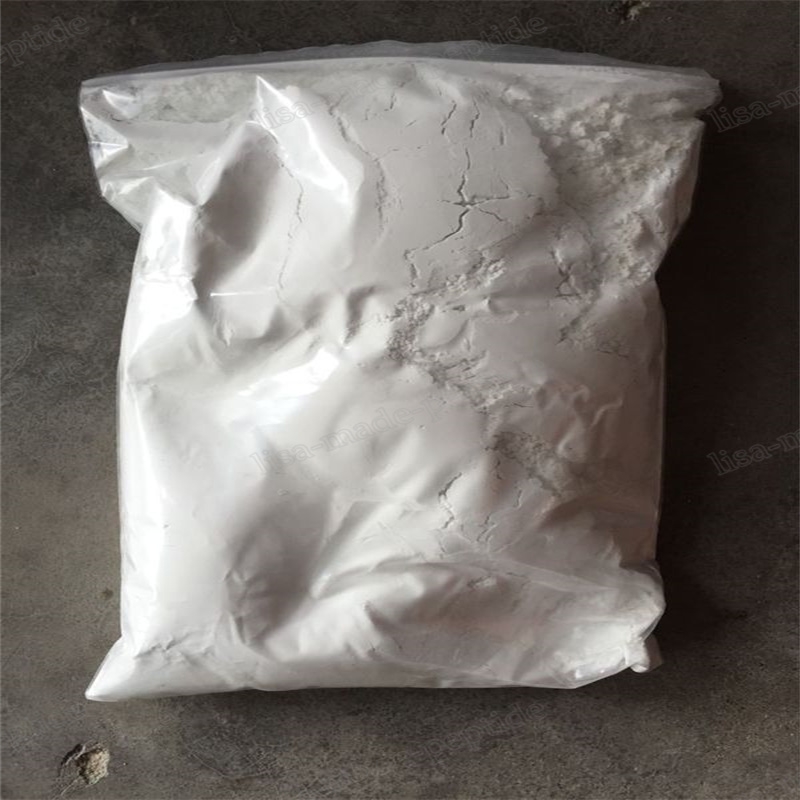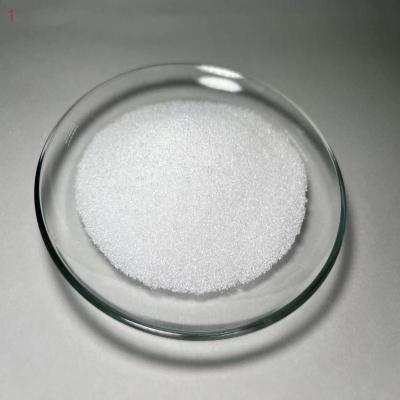-
Categories
-
Pharmaceutical Intermediates
-
Active Pharmaceutical Ingredients
-
Food Additives
- Industrial Coatings
- Agrochemicals
- Dyes and Pigments
- Surfactant
- Flavors and Fragrances
- Chemical Reagents
- Catalyst and Auxiliary
- Natural Products
- Inorganic Chemistry
-
Organic Chemistry
-
Biochemical Engineering
- Analytical Chemistry
-
Cosmetic Ingredient
- Water Treatment Chemical
-
Pharmaceutical Intermediates
Promotion
ECHEMI Mall
Wholesale
Weekly Price
Exhibition
News
-
Trade Service
On May 28, 2021, the European Commission officially announced that it will assist EU member states to launch a mandatory enforcement program to stop unauthorized food contact plastic materials and products containing bamboo fiber from being sold on the market
.
The background of the new regulations
Since June 2019, the EU Food Contact Materials Expert Working Group has held a panel discussion on whether the (EU) No 10/2011 Plastic Materials and Articles Regulation FCM No 96 allows the use of bamboo powder as an additive
.
In November 2019, the European Food Safety Authority (EFSA) published the latest scientific opinion on the safety assessment, stating that the current authorisation of "untreated wood flour and fibre" (FCM No 96) lacks its compliance with Regulation (EC) No 1935/2004 sufficient information to support the safety of migrations from these materials must be assessed on a case-by-case basis
.
In August 2020, the European Commission's Expert Working Group on Food Contact Materials clearly pointed out that (EU) No 10/2011 does not permit the use of chopped bamboo, bamboo powder, corn starch and other similar substances as additives in plastic materials and products
.
In February 2021, the Benelux Economic Union issued a joint letter requesting the withdrawal of melamine-formaldehyde plastic products containing bamboo fibers from the EU market
.
In May 2021, the European Commission officially announced that it will assist EU member states to launch a mandatory enforcement program to stop unauthorized food contact plastic materials and products containing bamboo fiber from being sold on the market
.
Food contact plastics containing plant-based additives that do not comply with EU regulations will be rejected at borders and banned from the EU market; taxes levied on misdeclared plastic products will be recovered
.
The specific requirements of the new regulations
Bamboo flour and similar natural substances as additives in plastic materials and products need to apply for authorization of additives in plastic materials according to Article 9-11 of Regulation (EC) No 1935/2004; products also need to meet the requirements of (EC) No 1935/2004 General requirements for food contact materials and articles in China and (EC) 2023/2006 produced under Good Manufacturing Practice
.
Customs Tips
After the implementation of the EU mandatory plan, the EU market has strengthened the review of plant fiber plastic food contact materials and products in the country, and has reported many recall cases of plant fiber food contact plastic products
.
The compulsory plan adopted by the EU this time has a significant impact on relevant export enterprises in China.
Enterprises should pay attention to the suspension of relevant export plans to the EU to avoid risks such as delisting and recall
.
If you want to enter the EU market in the future, you must pass the EU new product declaration before you can use it in compliance
.
common problem
1.
Are pure bamboo products included in the EU ban plan?
Food contact materials and products that are 100% made of bamboo or plant materials themselves are not affected by this new regulation, and can be legally marketed after meeting the general requirements of EU food grade and national legislative requirements
.
2.
The manufacturer has issued a (EU) No 10/2011 compliance test report.
Can food contact plastic materials and products containing plant fibers be exported to the EU?
Can't
.
Such products may have been tested to verify compliance with certain migration limits, such as formaldehyde and melamine migration
.
However, EU officials still consider it illegal for such products to contain unauthorized bamboo fibers and other plant fibers
.







